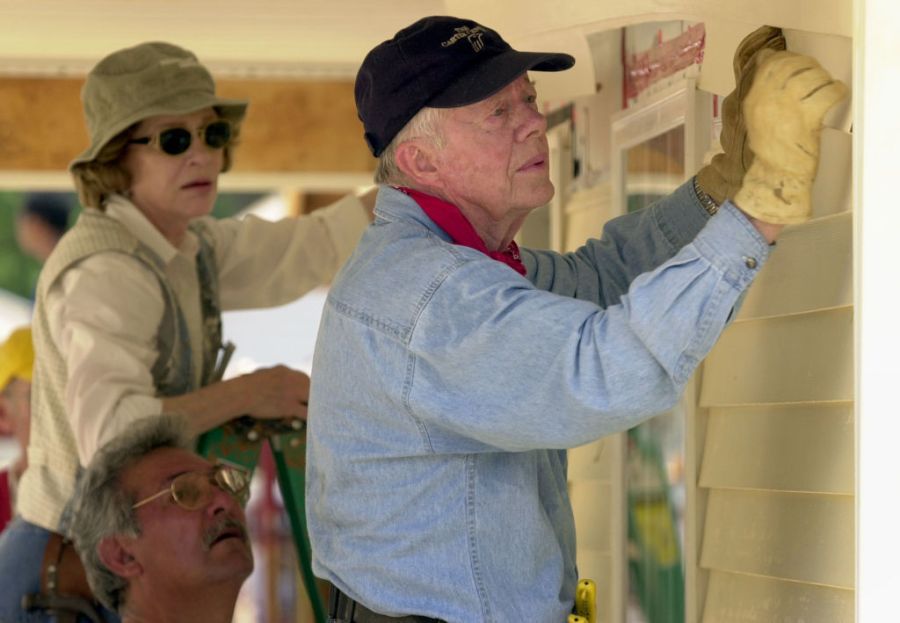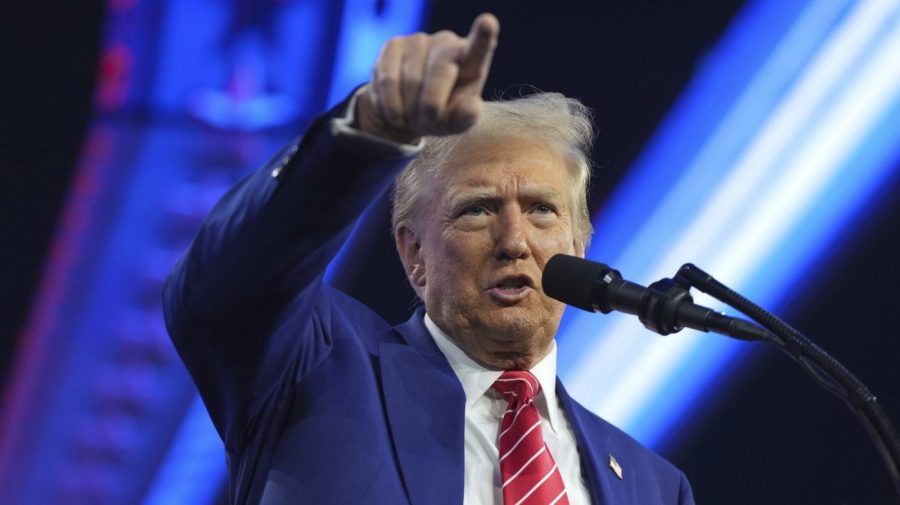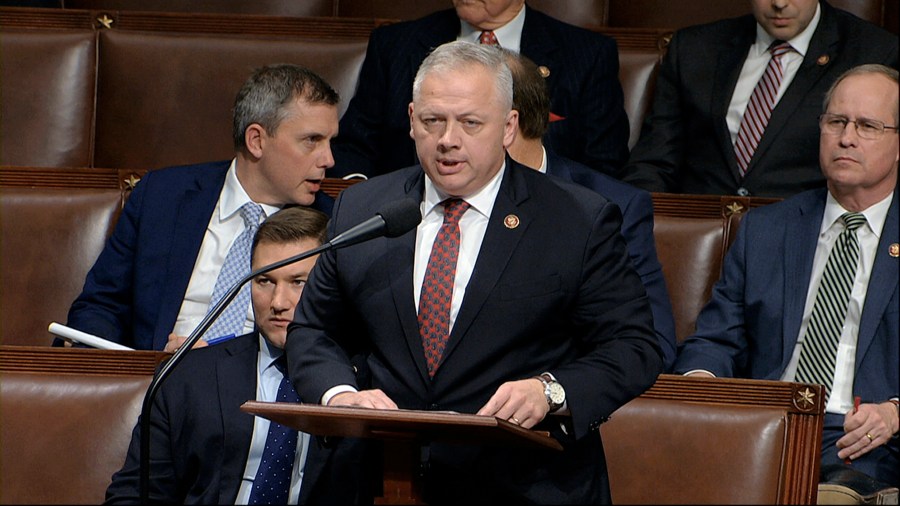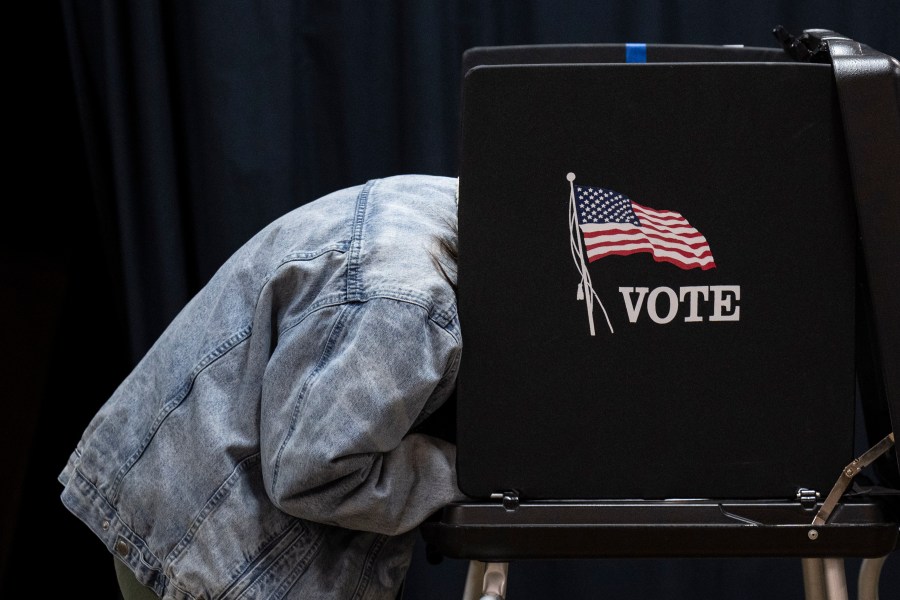
Jimmy Carter’s accomplishments, in and out of office
(NewsNation) — The domestic and charitable achievements of Jimmy Carter, the nation’s 39th president, extend well beyond his four years in office.
Carter envisioned a “competent and compassionate” government. From his championing of human rights to his environmentally conscious track record to his negotiating, policy-setting and personal contributions, echoes of Carter’s influence are still noticeable today.
Here’s a look at his legacy, both in the White House and in the years after.
Camp David Peace Accords
In 1978, Carter played a significant role in the Camp David Accords, a pair of agreements that helped stabilize an otherwise tumultuous relationship between Egypt and Israel. From the outset of his presidency, Carter hoped to reconvene the Geneva Conference to end Arab-Israeli tensions. Ultimately, two weeks of secret negotiations at the U.S. presidential retreat Camp David yielded results.
Egyptian President Anwar Sadat and Israeli Prime Minister Menachem Begin signed a series of agreements in September 1978. The Camp David Peace Accords are thought to be a framework for a peace treaty between Israel and Egypt the following year.
The Carter Center
Carter and former first lady Rosalynn Carter went on to establish a non-profit organization centered on human rights in 1982.
Today, the Carter Center is responsible for observing 114 elections in 39 countries “to help establish and strengthen democracies” and was a leader in new public health approaches to prevent and control diseases in Africa and Latin America, according to the organization’s website.
By 2002, Carter would be awarded a Nobel Peace Prize “for his decades of untiring effort to find peaceful solutions to international conflicts, to advance democracy and human rights, and to promote economic and social development.”
Creation of the Department of Education
President Andrew Johnson first attempted to create a U.S. Department of Education in 1867, but it was downgraded to the Office of Education out of fear it would have too much power over local schools. Under Carter, the Department of Education was officially created in 1980 with a different vision.
While Johnson’s department would have existed primarily to collect data about the nation’s schools, Carter’s was born out of growing efforts to help foster equal access to education, according to the department’s website.
Congress passed the Department of Education Organization Act in October 1979, and the department began carrying out its duties the following May.
Established national energy policy
Carter created the U.S. Department of Energy and is behind policy establishing national energy goals.
The National Energy Act focused on reducing annual growth in energy demand and oil imports and gasoline consumption as well as improving the efficacy of heating and cooling systems, increasing coal production and introducing solar energy in American homes.
He’s also been lauded for decontrolling domestic petroleum prices to stimulate production.
The Carter Work Project
Carter was in New York to speak at a church in 1984 when he stopped by a Habitat for Humanity construction site, according to the organization’s website. Wanting to secure more volunteers for the project, Carter and his wife returned to the site with dozens of people and helped renovate an apartment building.
So began the first Carter Work Project, which is now a weeklong annual tradition.
To date, the Carters have joined more than 103,000 volunteers across 14 different countries to repair and build thousands of homes, according to Habitat for Humanity.



